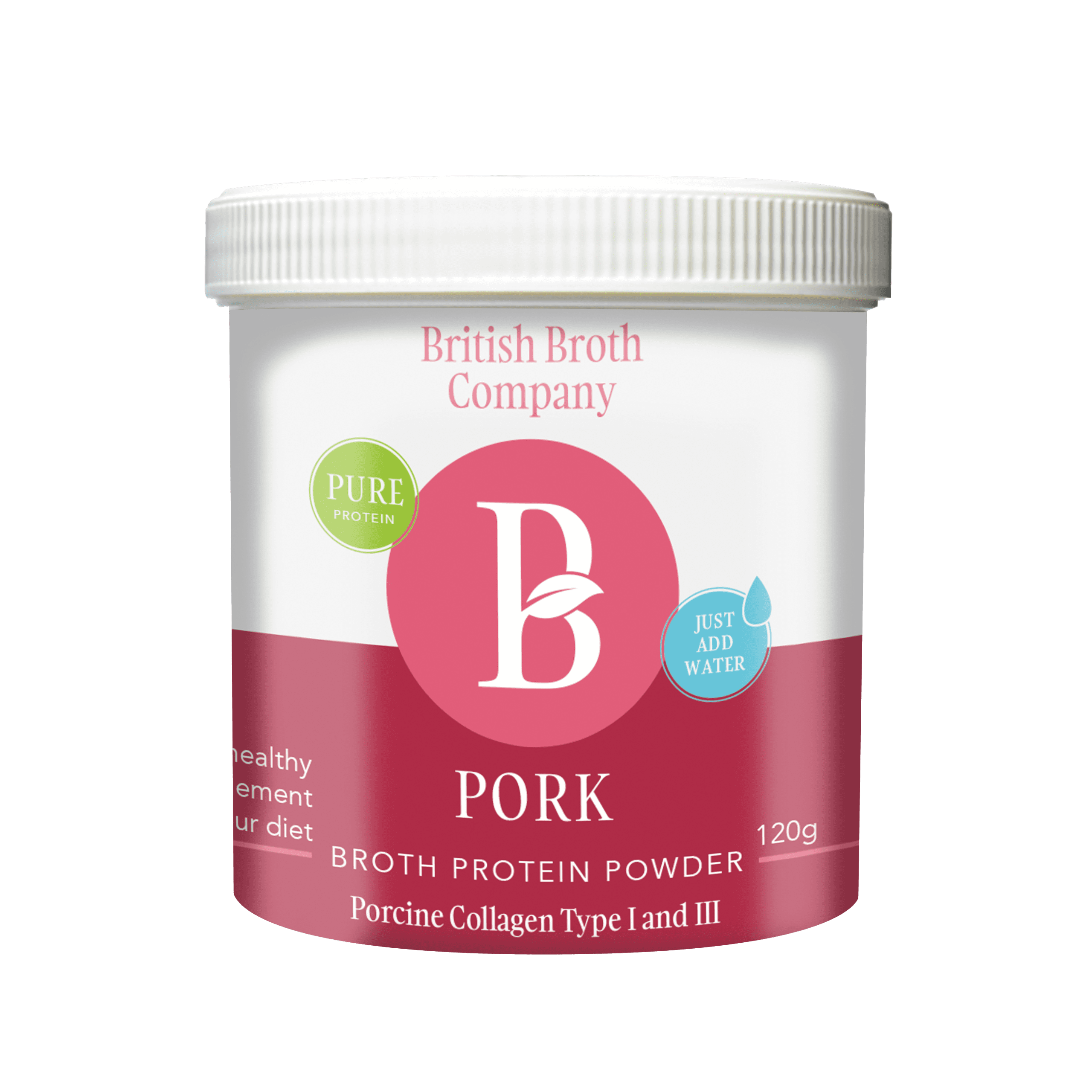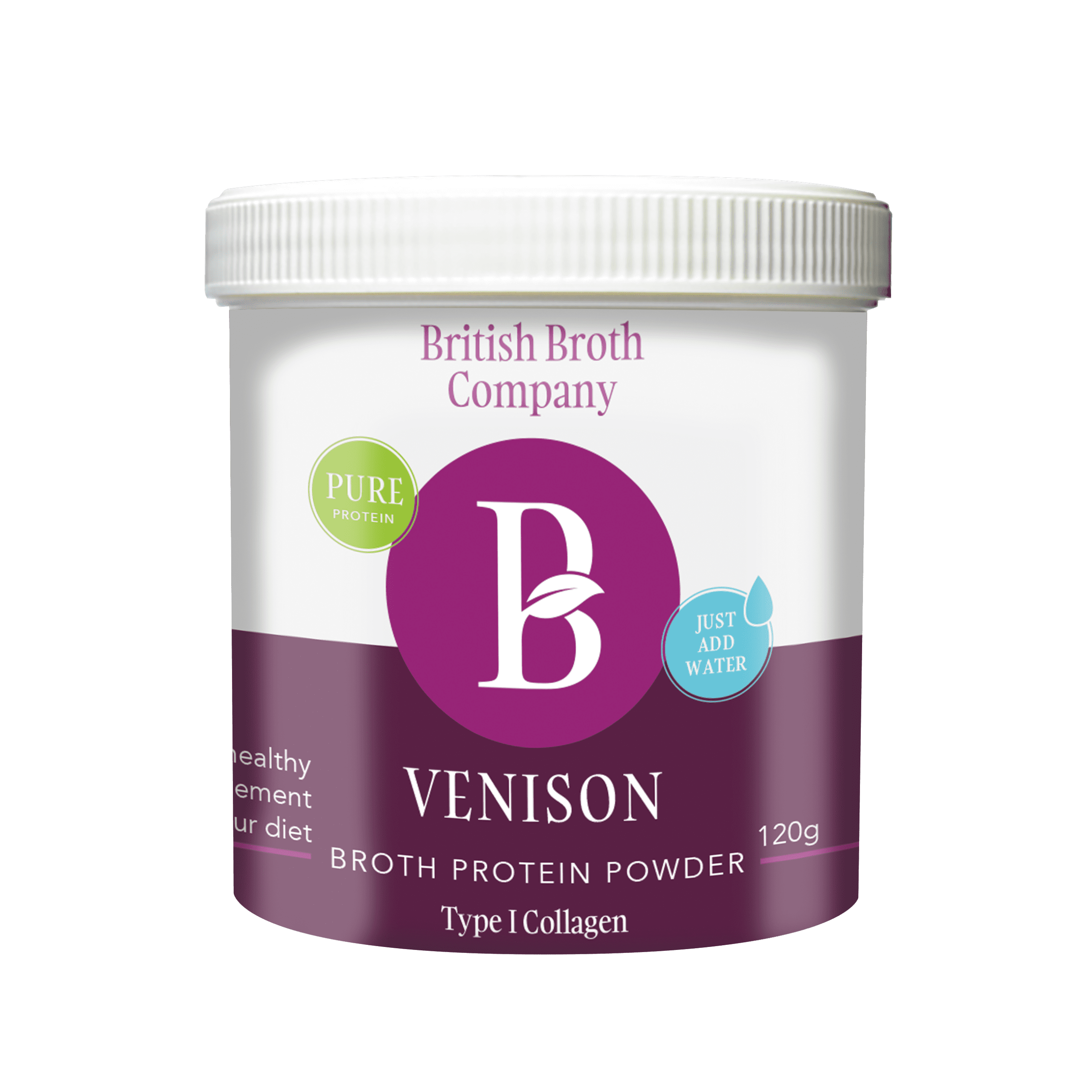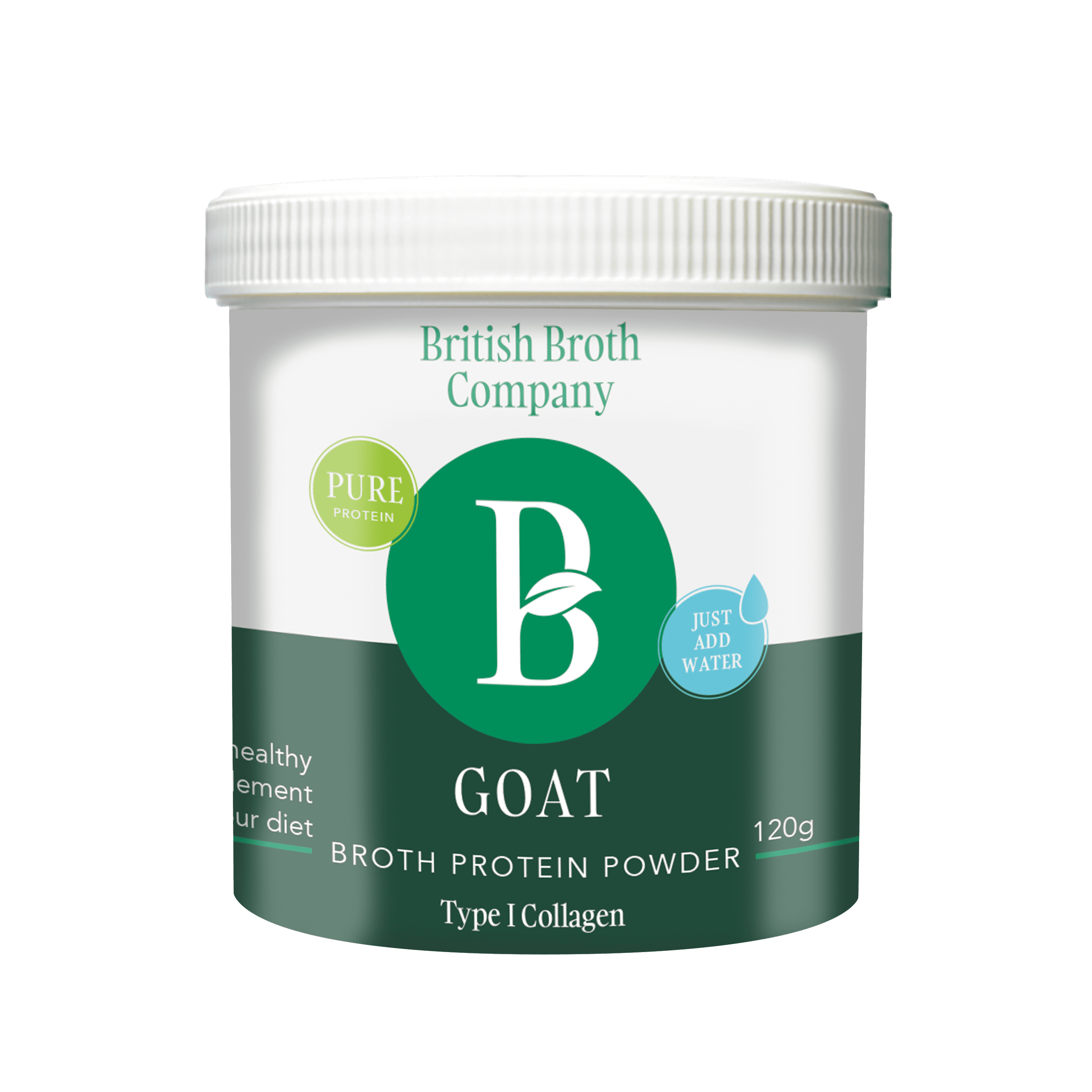Can broth help my wheat intolerance? I am intolerant to wheat, but the trouble is I love bread. I therefore must limit my bread intake, but also ensure that I have broth daily, so if wheat does slip into my diet daily, then I can manage the discomfort.
Living with wheat intolerance can be a challenging journey, affecting not only your diet but also your overall well-being. In recent years, awareness of wheat intolerance has grown, shedding light on the importance of understanding this condition and adopting a lifestyle that supports health and vitality. In this blog, we’ll explore what wheat intolerance is, its symptoms, diagnosis, and practical tips for managing and thriving with this dietary challenge, including broth as part of your daily routine.
What is Wheat Intolerance?
Wheat intolerance, also known as wheat sensitivity or non-celiac gluten sensitivity, is a condition characterised by difficulty digesting wheat. It differs from celiac disease, an autoimmune disorder triggered by gluten, a protein found in wheat, barley, and rye. While wheat intolerance involves similar symptoms to gluten-related disorders, it does not cause the same immune response that damages the small intestine.

Symptoms:
Wheat intolerance can manifest in a variety of symptoms, both gastrointestinal and extra-intestinal. Common symptoms include bloating, abdominal pain, diarrhoea, constipation, fatigue, headaches, joint pain, and mood disturbances. These symptoms can range from mild to severe, making it crucial to identify and address wheat intolerance early on.
Diagnosis:
Diagnosing wheat intolerance can be challenging, as there is no specific test for it. Unlike celiac disease, there are no antibodies or markers that show up in blood tests. Diagnosis often involves a process of exclusion, where other conditions are ruled out. Keeping a detailed food diary and working with a healthcare professional can be instrumental in identifying patterns and triggers.
Managing Wheat Intolerance:
Once diagnosed, managing wheat intolerance becomes a key aspect of daily life. Here are some practical tips:
Read Labels: Be diligent about reading food labels to identify hidden sources of wheat. Wheat can be present in unexpected places, such as sauces, dressings, and processed foods.
Drink broth daily: Broth is a natural digestive aid with amazing proteins that can help reduce inflammation. IBS causes inflammation of the gut, so drinking broth daily can help to keep your inflammation under control, even if wheat does slip into your diet every now and then.
Explore Alternatives: Fortunately, there are numerous wheat alternatives available, such as rice, quinoa, and gluten-free flours. Experiment with these options to find substitutes that suit your taste and dietary needs.
Cook at Home: Controlling your diet becomes easier when you prepare meals at home. This allows you to choose fresh, whole ingredients and avoid cross-contamination.
Communicate Dietary Needs: Informing friends, family, and restaurants about your wheat intolerance helps create a supportive environment. Many restaurants now offer gluten-free options, but clear communication is essential.
Focus on Nutrient-Rich Foods: Ensure your diet includes a variety of nutrient-rich foods to compensate for any potential nutritional gaps. Incorporate fruits, vegetables, lean proteins, and gluten-free grains.

Thriving with Wheat Intolerance:
Beyond mere management, thriving with wheat intolerance involves adopting a positive mindset and lifestyle adjustments:
Embrace Variety: Use this dietary shift as an opportunity to explore new foods and flavours. Embrace the variety of gluten-free options available, and get creative with your recipes.
Prioritise Self-Care: Managing a chronic condition can be stressful. Prioritise self-care, including regular exercise, sufficient sleep, and stress reduction activities like meditation or stretching.
Join a Supportive Community: Connecting with others who share similar dietary challenges can provide valuable insights, tips, and emotional support. Online communities and local support groups are great places to start.
Wheat intolerance may present challenges, but with understanding, proactive management, and a positive outlook, it’s possible not only to cope but to thrive. By making informed choices, embracing alternatives, and prioritizing well-being, individuals with wheat intolerance can lead fulfilling and healthy lives.





Hello
My Partner Polymyalgia Rheumatics, and he is trying diet to help with symptoms.
He has decided to try cutting out Gluten, and this is helping.
He has been advised re Bone Broth…so, my question is, would this product be gluten free?
Thanks in advance
Hi Rachael
Yes broth is great for Polymyalgia Rheumatics. The natural collagen in the broth can help support inflammation reduction. All our broths are gluten free, they only contain vital proteins and minerals.
Many thanks
Rachel